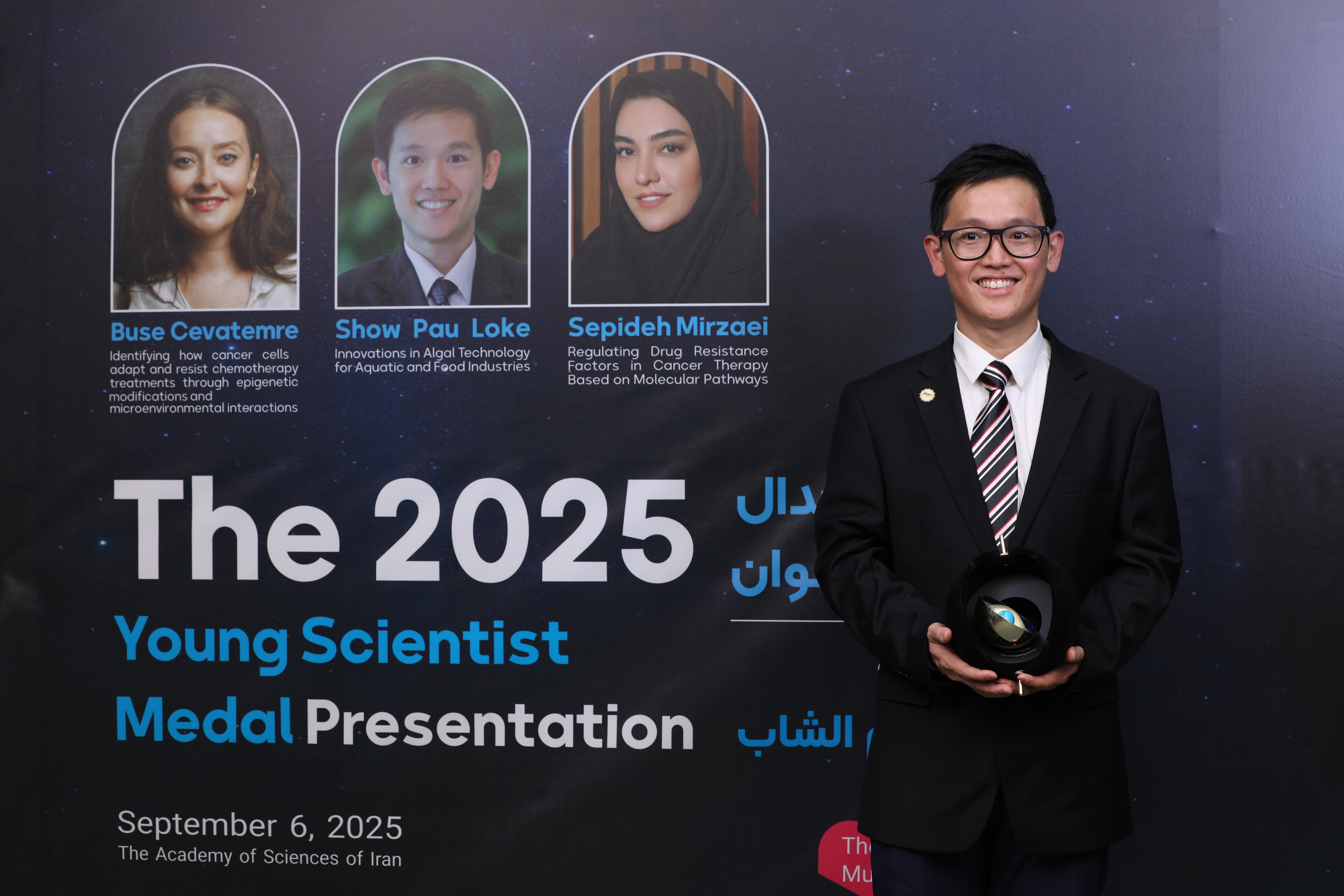How Microalgae Could Power the Future of Food, Fuel, and Sustainability


Algae may be microscopic, but their potential to transform industries is massive, ranging from turning food waste into renewable energy to feeding astronauts in space. Researchers like Dr. Show Pau Loke of Khalifa University, UAE, are exploring how these organisms could reshape biotechnology, food security, and environmental sustainability. Algae may be microscopic, but their potential to transform industries is massive, ranging from turning food waste into renewable energy to feeding astronauts in space. Researchers like Dr. Show Pau Loke of Khalifa University, UAE, are exploring how these organisms could reshape biotechnology, food security, and environmental sustainability.
MSTF Media reports:
Tiny microscopic organisms found in water, known as microalgae, are gaining global attention for their potential to reshape biotechnology. Dr. Pau Loke, a recent laureate of the Young Scientist Medal award by the Mustafa(pbuh) Science and Technology Foundation, in an interview explained how microalgae might be the key to cleaner industries, sustainable food systems, and circular economies worldwide.
According to Dr. Pau Loke, these microorganisms are rich in essential nutrients such as proteins, lipids, DHA, vitamins, and minerals, making them valuable not only for biofuel production but also for pharmaceuticals and nutritional supplements.
He emphasized that “a smart incubator” is vital for precise control of nutrients in microalgae cultivation, allowing scientists to optimize biomass and bioactive compound production. Technologies such as the Internet of Things (IoT) and machine learning, he added, are becoming essential for improving yield and sustainability.
One particularly innovative idea he put forward was upcycling food waste to cultivate microalgae, a process that could simultaneously address waste management, reduce environmental impact, and create new sources of biomass.
“Microalgae can use wastewater, carbon dioxide, and sunlight,” Dr. Pau Loke added. “This helps reduce food waste and improve the ecosystem overall.”
Beyond waste management, Dr. Pau Loke also highlighted the integration of microalgae with aquaculture systems. Algae can absorb nutrients from aquaculture wastewater, cleaning the water while providing high-value lipids and feed for fish and shrimp.
Dr. Pau Loke further noted that NASA already uses microalgae in space missions, thanks to their nutrient density and oxygen-producing abilities.
When asked about the field’s biggest challenges, Dr. Pau Loke identified the adaptability of microalgae species to local environmental conditions as a hurdle. Different countries, he explained, must find ways to fully utilize the available environmental system they have.
Dr. Show Pau Loke is a Full Professor in the Department of Chemical and Petroleum Engineering at Khalifa University, Abu Dhabi. His expertise lies in Bioengineering, Biochemical Engineering, Microalgae, Technology, One Health, and Food Science. Dr. Pau Loke was one of the recipients of the 2025 Young Scientist Medal awarded by the Mustafa(pbuh) Science and Technology Foundation.